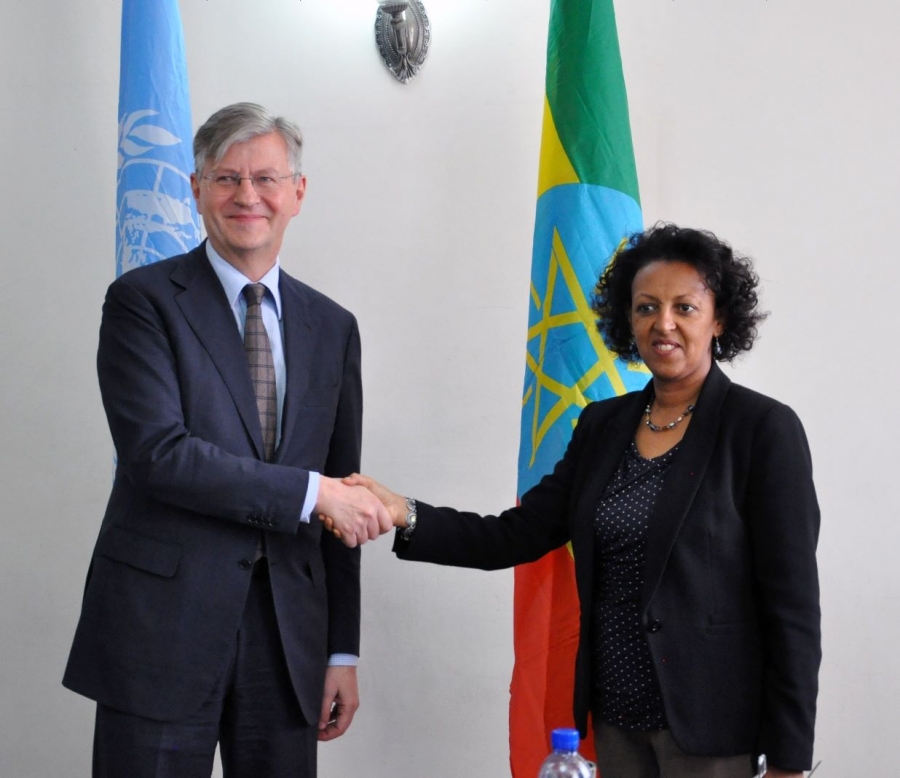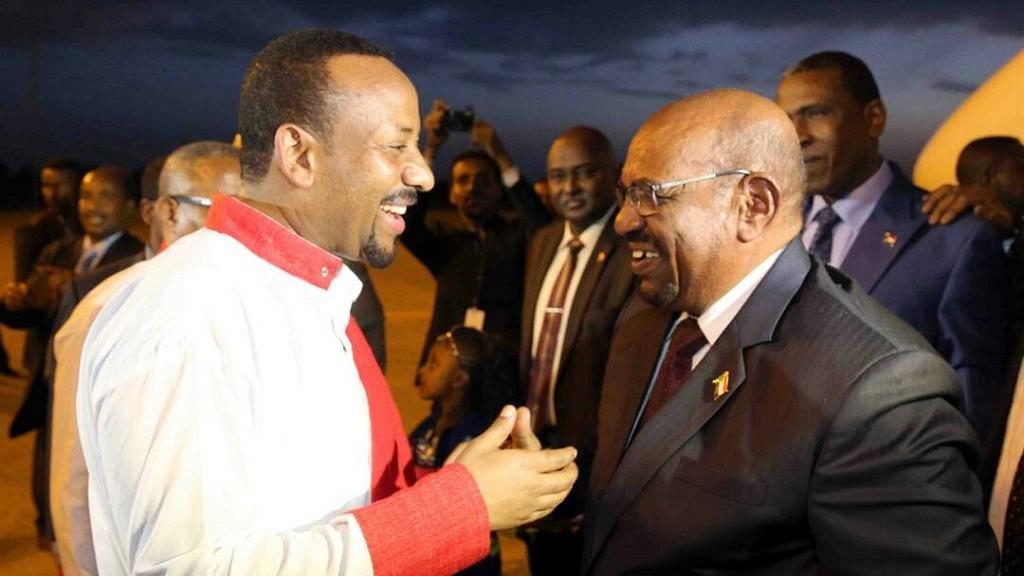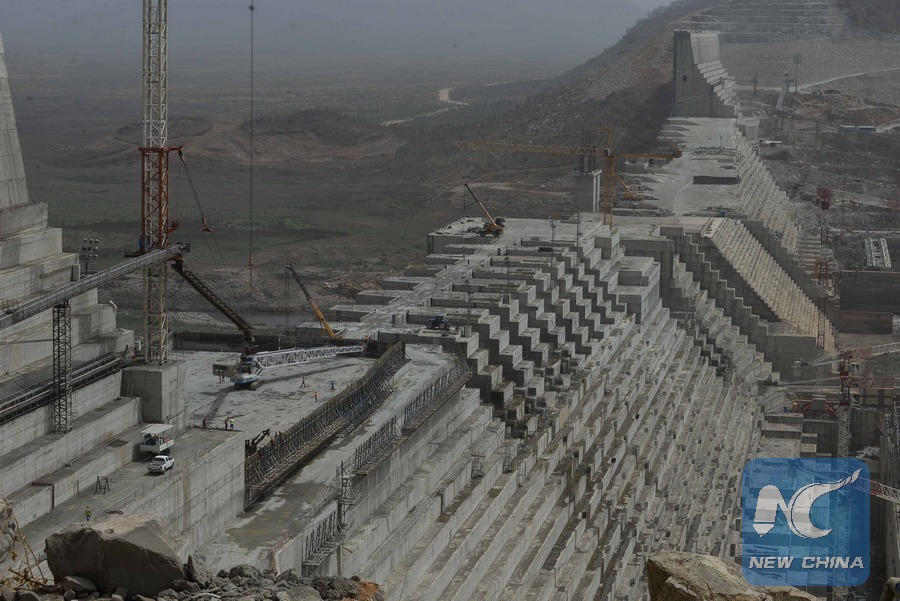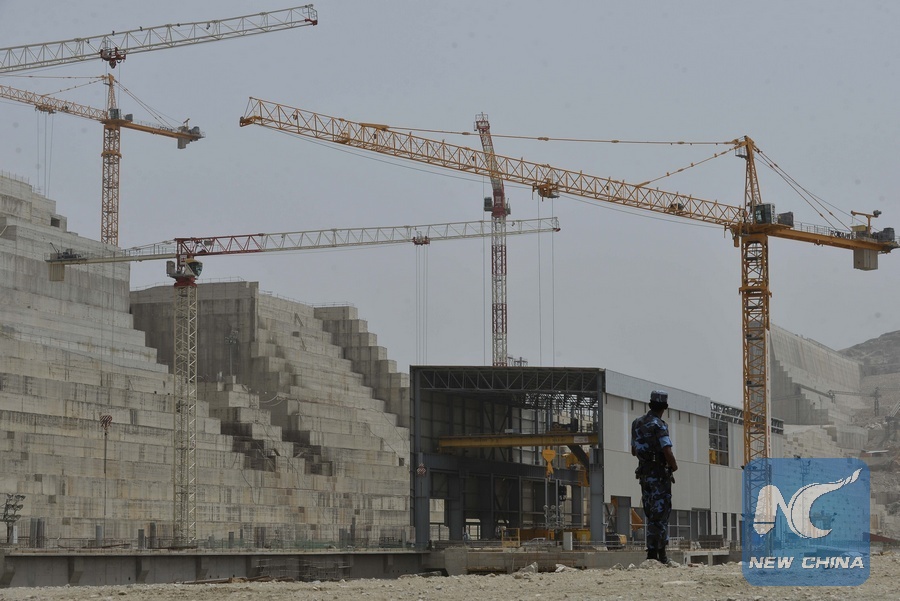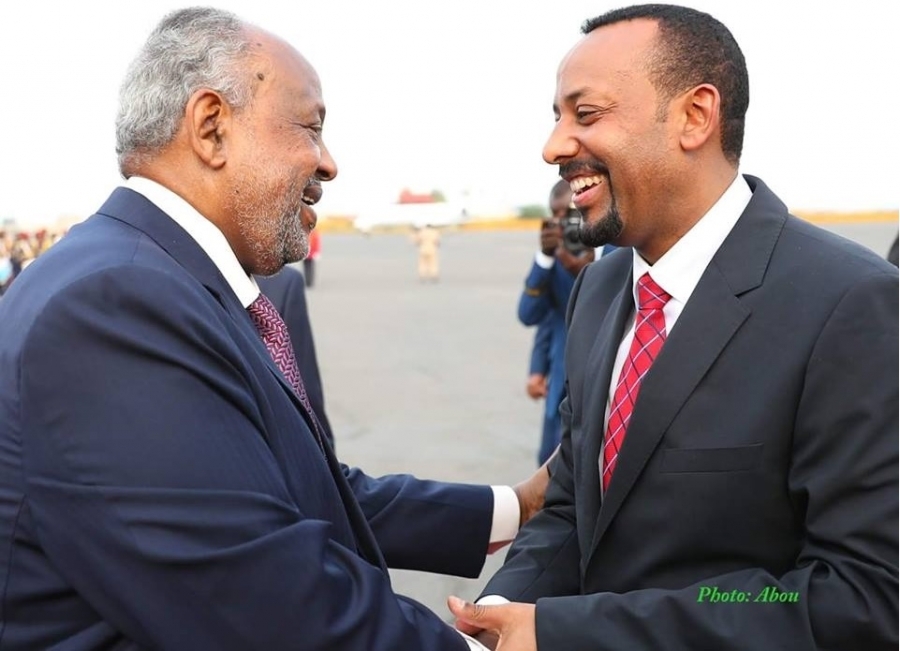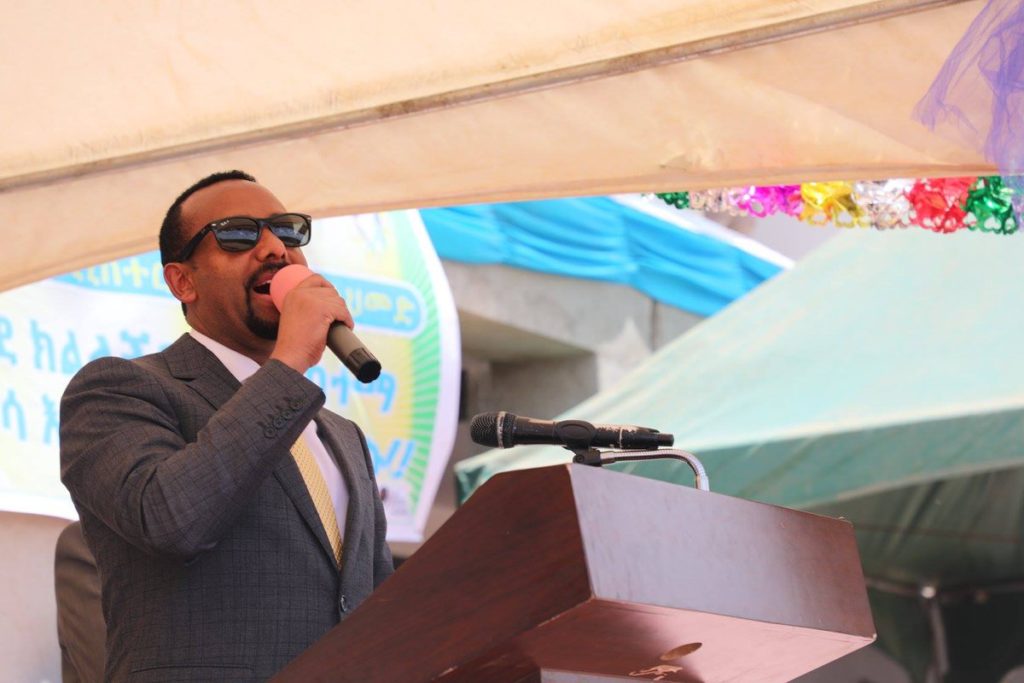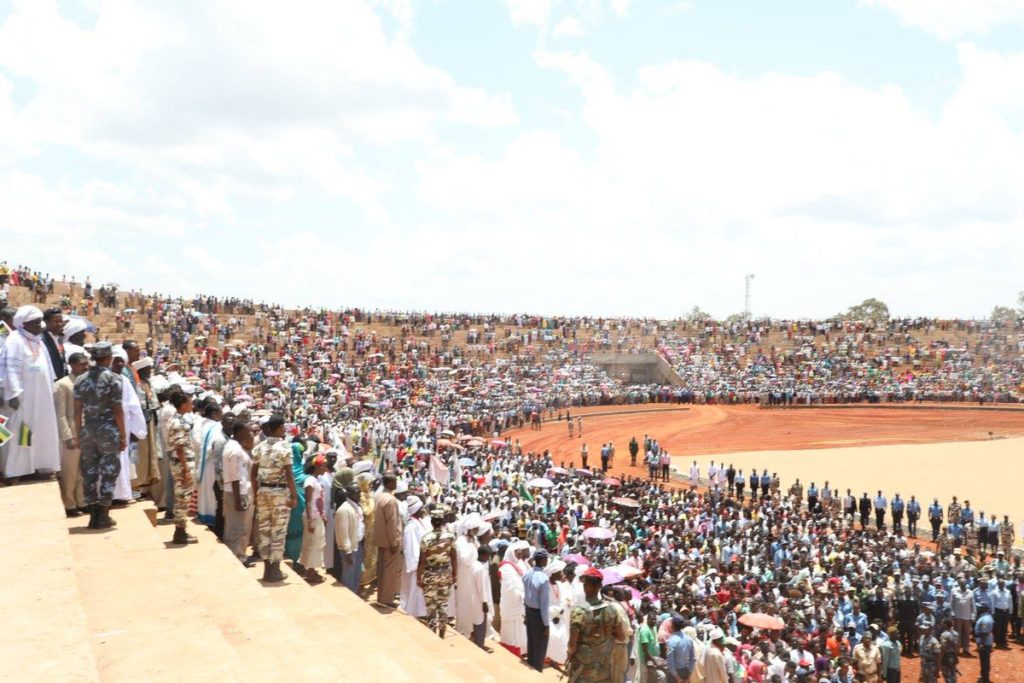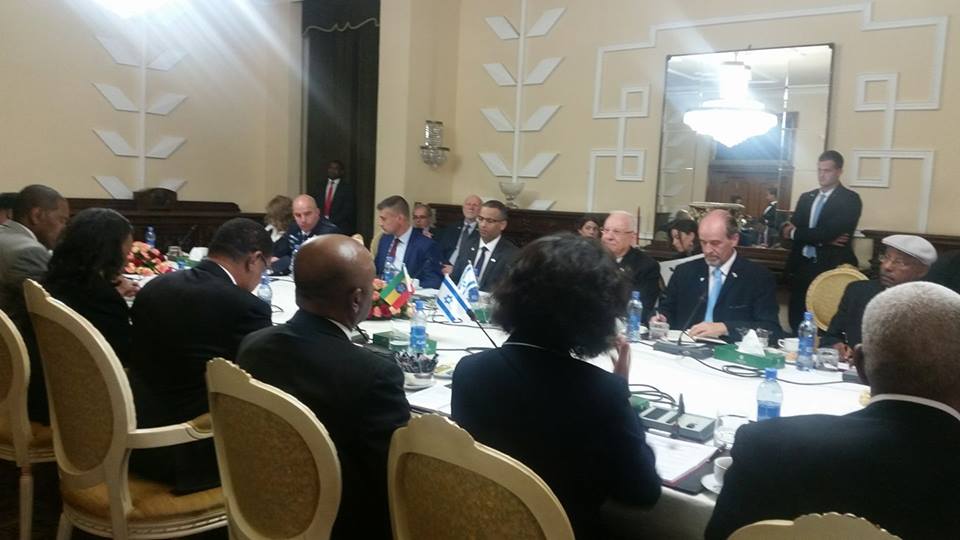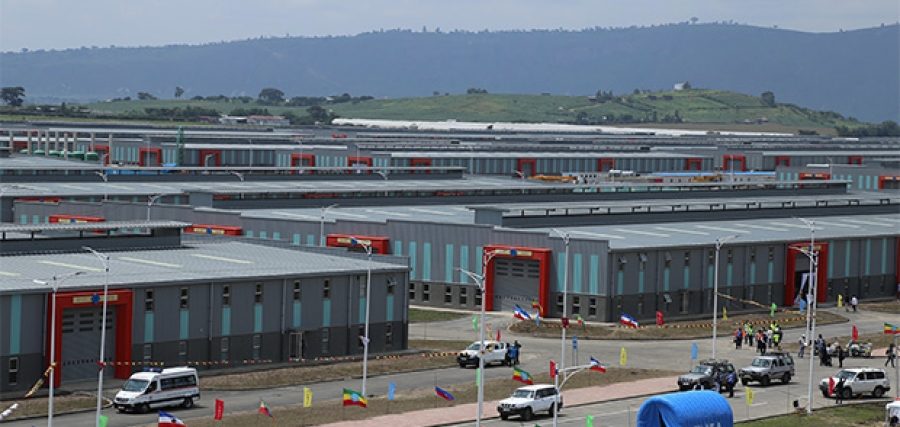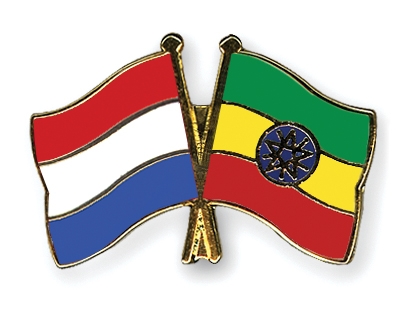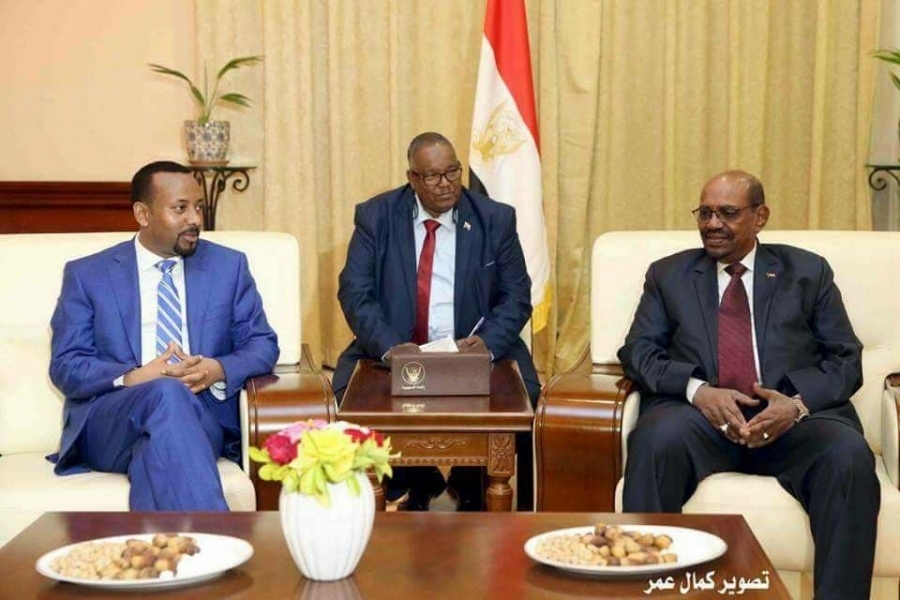
Ethiopia and Sudan have agreed to jointly develop and administer Port Sudan to facilitate Ethiopia’s access to the port.
Premier Abiy Ahmed, who is on an official working visit to Sudan, has discussed with the Sudanese President Omar Hassan al-Bashir on a range of bilateral and regional issues.
Foreign Minister Workneh Gebeyhu said that the two leaders have agreed on four major issues, which are taking into account the countries national interests and principles of shared benefits and added that “The two countries have agreed to develop and jointly manage Port Sudan together.”
Regarding the GERD, President Al-Bashir announced that his country will respect the agreements signed between Ethiopia and Egypt and will provide support for the National Technical Committee.
The two leaders have also agreed during their discussion to turn Assosa into a commercial centre in which Ethiopia and Sudan traders and business persons meet and converse on joint development issues.
Workneh also pointed out that the two leaders have reached a consensus to link Ethiopia and Sudan with a railway line.
In a related development, Prime Minister Abiy has urged President Omar Hassan al-Bashir to assist in the release of Ethiopians who are detained for various reasons in Sudan.
As per the request of the Premier, President Al-Bashir announced during the visit that the Ethiopian prisoners will be released.
Djibouti has already agreed on the sharing of a stake in the port of Djibouti with Ethiopia on Sunday.
